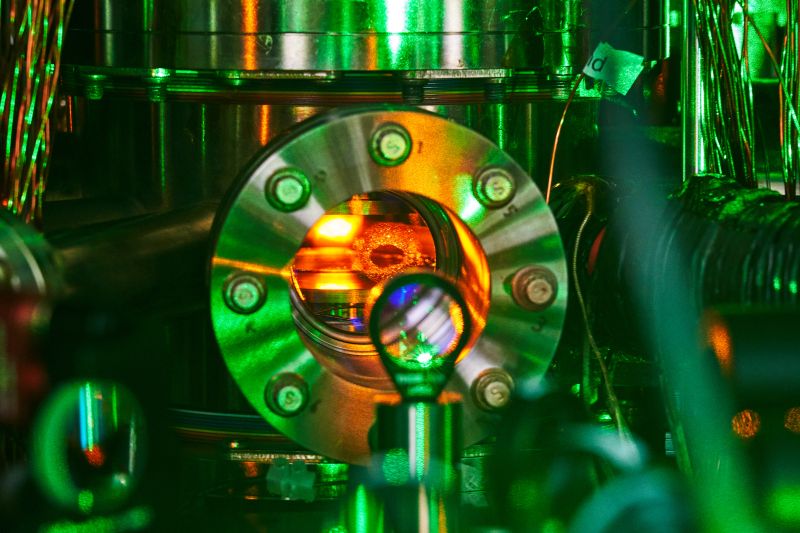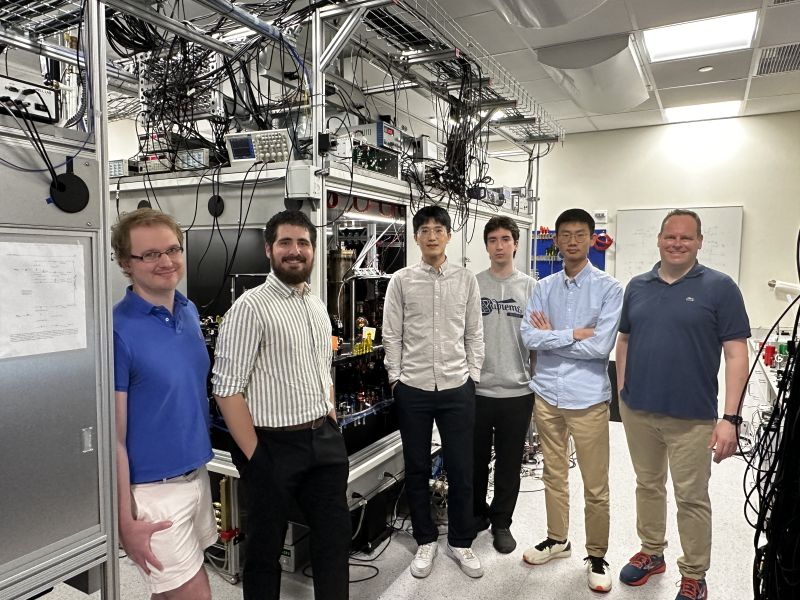A team of physicists has successfully created a unique quantum state of matter called a Bose-Einstein condensate (BEC) out of molecules. The team is led by Sebastian Will at Columbia University, who received a U.S. National Science Foundation Faculty Early Career Development award to support his research. The findings were published in the journal Nature.
While BECs have previously been achieved with atoms of a single element, this is the first creation of a molecular BEC. Its greater period of stability will allow scientists to test longstanding theories in quantum phenomena, including superconductivity, superfluidity and more. Molecular BECs also hold the potential to outperform single-element BECs by creating longer-ranging interactions in quantum simulators, allowing for more complicated models.

Predicted in the 1920s by Albert Einstein and Satyendra Nath Bose, BECs were first achieved in laboratories in the 1990s. All BECs require ultracold conditions and are neither gas, liquid nor solid, but rather a unique state of matter in which a group of particles cooled to a near standstill merge into a single, larger entity with shared properties and behaviors dictated by the laws of quantum mechanics. Most experiments using BECs take place within a second - some as short as a few milliseconds - but Will's molecular BEC, made from sodium-cesium molecules, remains stable for upwards of two seconds, a duration that will allow for dozens of theoretical predictions to be tested.
Single-element BECs have expanded the understanding of concepts such as the wave nature of matter and led to the development of technologies such as quantum gas microscopes and quantum simulators.
Researchers plan to use molecular BECs to explore more quantum phenomena, including new types of superfluidity, a state of matter that flows without experiencing any friction. They also hope to use their molecular BEC-based quantum simulator to help guide the development of new quantum materials.






